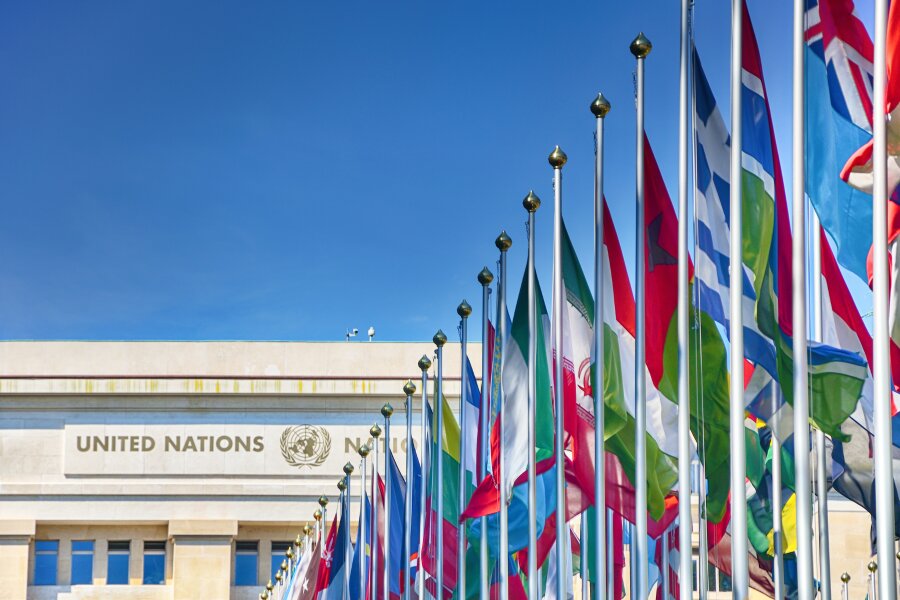Best Toxic Mold Lawyers in Tuzla
Share your needs with us, get contacted by law firms.
Free. Takes 2 min.
List of the best lawyers in Tuzla, Bosnia and Herzegovina
We haven't listed any Toxic Mold lawyers in Tuzla, Bosnia and Herzegovina yet...
But you can share your requirements with us, and we will help you find the right lawyer for your needs in Tuzla
Find a Lawyer in TuzlaAbout Toxic Mold Law in Tuzla, Bosnia and Herzegovina
Toxic mold refers to certain types of molds that produce mycotoxins, which can pose health risks to humans. In Tuzla, a city known for its industrial history, issues related to environmental health, including mold, can be critical. Toxic mold can be a concern for tenants, homeowners, and property managers, as it can lead to significant health issues and structural damage. While Bosnia and Herzegovina does not have a comprehensive national law specifically targeting toxic mold, various health and safety regulations may apply. Understanding these laws is essential for ensuring your living or working environment is safe.
Why You May Need a Lawyer
Consulting a lawyer specializing in toxic mold cases in Tuzla may be necessary in several situations. You may need legal help if you are a tenant experiencing health issues due to mold in rented accommodations and facing a non-cooperative landlord. Homeowners may require legal counsel to address mold infestations not disclosed during property purchases or if insurance claims related to mold damage are denied. Landlords and property managers might also seek legal guidance to ensure compliance with health regulations and fulfill their responsibilities to tenants.
Local Laws Overview
While there is no specific legislation targeting toxic mold in Bosnia and Herzegovina, several local laws and regulations can be relevant. Property laws that govern the maintenance and safety standards of buildings may play a role, as landlords are typically required to ensure the habitability of rental properties. Health protection laws may be applicable if mold poses a risk to public health. Environmental regulations concerning indoor air quality may also provide a framework for addressing mold issues. Legal recourse often involves proving negligence or breach of contract in providing safe and habitable living conditions.
Frequently Asked Questions
What are common health effects of toxic mold exposure?
Exposure to toxic mold can cause various health issues, including allergies, respiratory problems, and in severe cases, neurological issues. Symptoms can include coughing, sneezing, skin irritation, and headaches.
Who is responsible for mold in rental properties?
Responsibility typically falls on landlords, who must ensure rental properties are safe and habitable. Tenants should report mold issues promptly, and landlords should address them diligently.
Can I break my lease if there is mold?
Under certain circumstances, if the landlord fails to address mold issues significantly affecting livability, tenants may have grounds to break the lease. It's advisable to seek legal advice before taking such steps.
How can mold be identified and assessed?
Professional mold inspection and testing services can identify mold types and severity. Visible signs include discoloration on walls or ceilings and a musty odor.
What should homeowners do if they find mold?
Homeowners should engage professional services to assess and remediate mold and consult legal counsel if there are potential issues with insurance or property disclosures.
Does homeowners insurance cover mold damage?
This depends on the policy. Some insurance plans might cover mold damage, particularly if it results from a covered peril, while others exclude it. Reviewing insurance terms and seeking legal advice can clarify this.
Can I sue for damages caused by toxic mold?
You may be able to sue for damages if you can prove negligence or breach of contractual obligations. Seeking legal advice is crucial for determining your case's viability.
How is mold remediated in buildings?
Mold remediation involves addressing water sources causing mold, removing affected materials, cleaning, and mold-proofing areas. Professionals typically handle significant infestations.
Are there specific building standards related to mold prevention?
While there are general building standards for safety, specific standards for mold prevention may depend on broader guidelines for health and safety rather than explicit laws.
What additional steps can I take to prevent mold?
Maintain proper ventilation, control humidity levels, fix leaks promptly, and use dehumidifiers where necessary to prevent conditions conducive to mold growth.
Additional Resources
The Cantonal Institute for Public Health in Tuzla can provide information and guidance related to health hazards, including mold. The Ministry of Spatial Planning and Environment and the Ombudsman for Human Rights may also offer resources or assistance. Consulting with local environmental health specialists or housing authorities can provide additional insights and support.
Next Steps
If you suspect a toxic mold issue requiring legal assistance in Tuzla, Bosnia and Herzegovina, the following steps are recommended:
- Document all evidence of mold, including photographs and medical records if health is affected.
- Notify landlords or property managers in writing if you are a tenant.
- Consult a local legal expert specializing in property or environmental law.
- Consider a professional mold assessor to provide a report on the mold situation.
- Contact your insurance provider to review your coverage options regarding mold.
Taking these steps can help you effectively address toxic mold issues and secure your legal rights for safe living conditions.
The information provided on this page is intended for informational purposes only and should not be construed as legal advice. While we strive to present accurate and up-to-date information, we cannot guarantee the accuracy, completeness, or currentness of the content. Laws and regulations can change frequently, and interpretations of the law can vary. Therefore, you should consult with qualified legal professionals for specific advice tailored to your situation. We disclaim all liability for actions you take or fail to take based on any content on this page. If you find any information to be incorrect or outdated, please contact us, and we will make efforts to rectify it.









